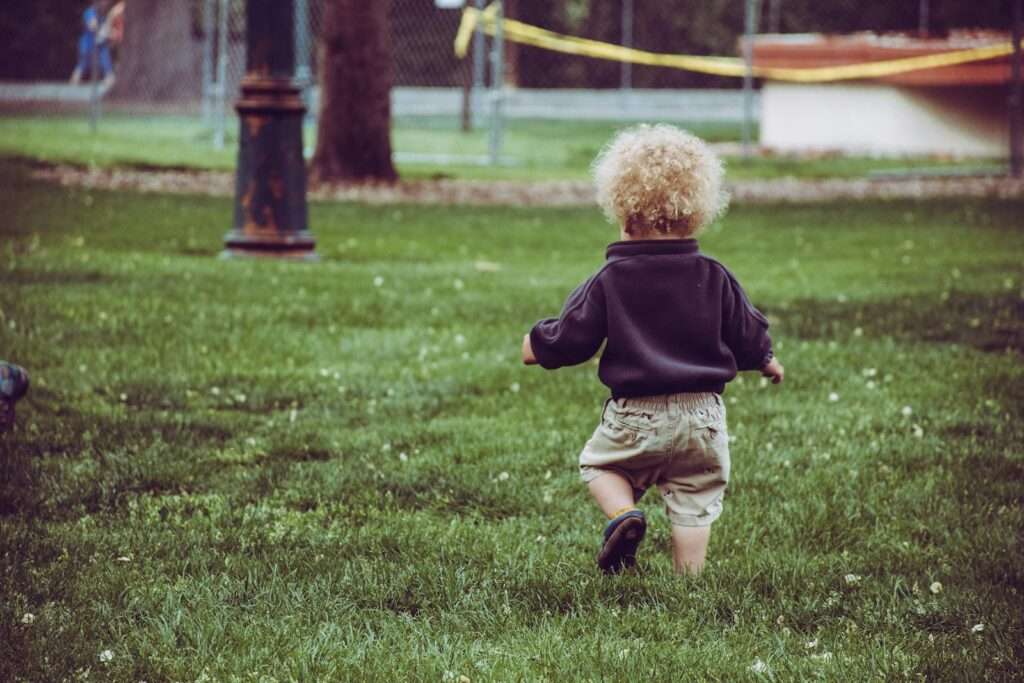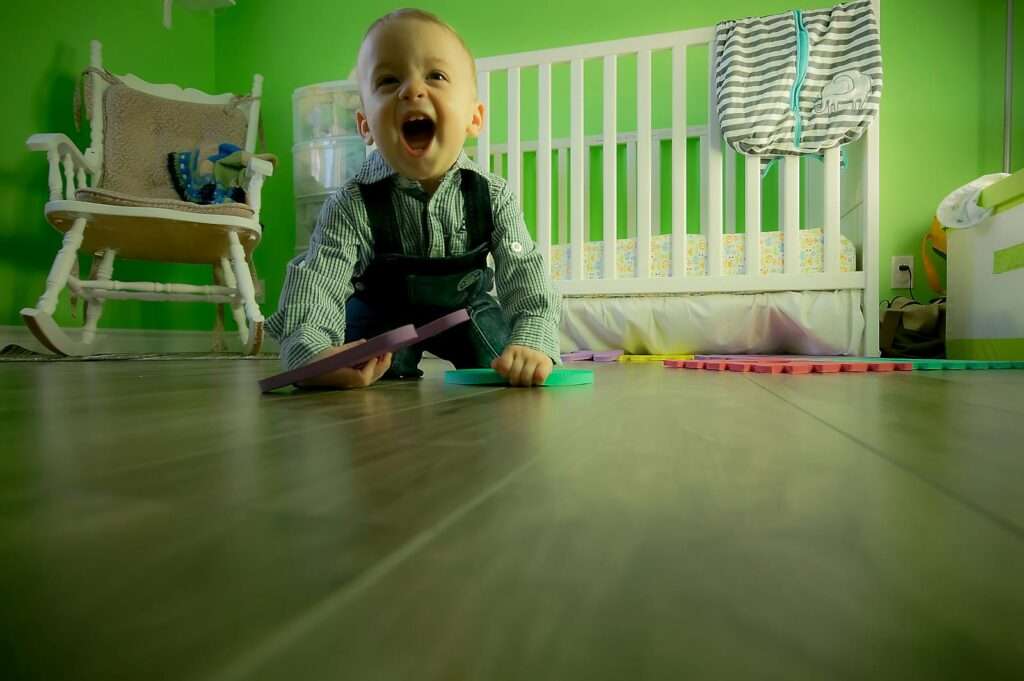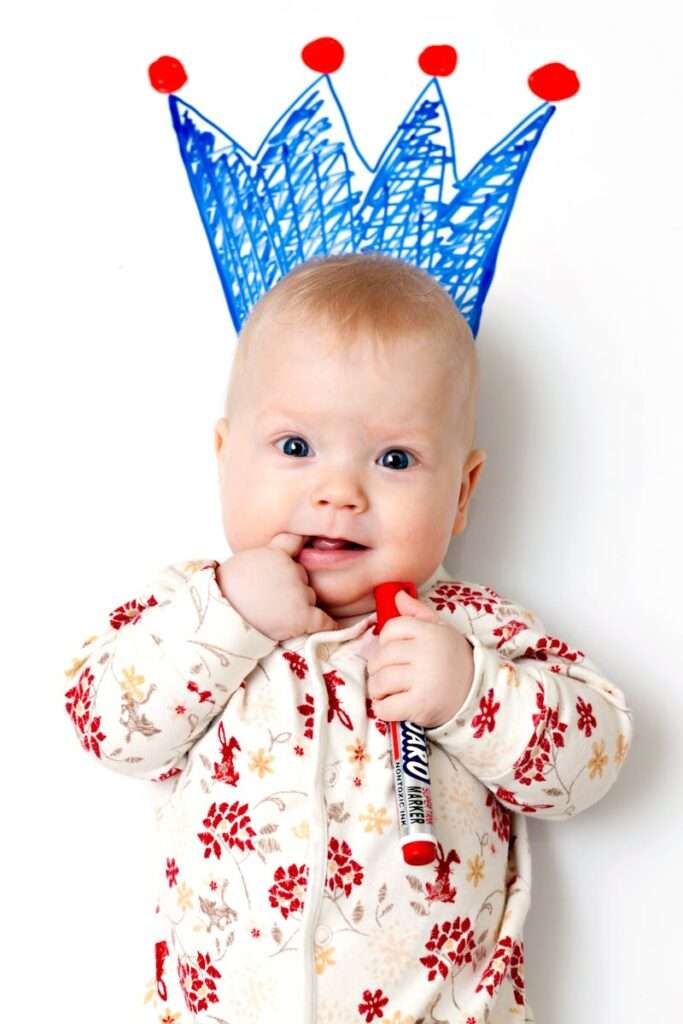Watching toddlers grow and develop is an exciting journey, full of milestones that showcase their budding abilities. Among these milestones, motor skills—both fine and gross—are some of the most crucial. Developing these skills equips toddlers to interact with their world, boosting their independence, confidence, and overall growth.
But how do you encourage these skills in a fun, effective way? Here’s a guide packed with activities, tips, and strategies to nurture your toddler’s motor skills while keeping the process enjoyable for everyone.

1. Understand the Two Types of Motor Skills
Before diving into activities, it’s helpful to understand the difference between fine and gross motor skills:
- Fine Motor Skills: These involve small, precise movements using the hands and fingers, such as picking up objects, drawing, or buttoning clothes.
- Gross Motor Skills: These involve larger movements that use bigger muscles, like walking, jumping, and climbing.
Both types of motor skills are essential for a toddler’s physical development and daily functioning.
2. Engage in Play-Based Learning
Toddlers learn best through play, so make motor skill development part of their playtime.
Activities for Fine Motor Skills:
- Building Blocks: Encourage stacking and sorting blocks to develop hand-eye coordination.
- Playdough Fun: Squeezing, rolling, and shaping playdough strengthens little fingers.
- Beading: Stringing large beads onto a shoelace helps with dexterity (ensure beads are toddler-safe).
- Drawing and Coloring: Offer crayons or washable markers and let them scribble freely.
Activities for Gross Motor Skills:
- Obstacle Courses: Set up simple challenges using pillows, chairs, or tunnels.
- Ball Games: Rolling, throwing, or kicking a ball helps with coordination and strength.
- Dancing: Put on music and let your toddler groove. It’s great for balance and rhythm.
- Push-and-Pull Toys: These help with walking stability and coordination.
3. Create Opportunities for Daily Practice
Everyday routines are filled with opportunities to practice motor skills:
- Fine Motor Practice: Let them feed themselves with a spoon, zip up their jackets, or turn pages in a book.
- Gross Motor Practice: Encourage them to climb stairs (with supervision), carry light objects, or explore playground equipment.

4. Use Sensory Play
Sensory play is not only engaging but also fantastic for motor skill development. Activities like:
- Playing with sand or rice (pouring, scooping, or digging).
- Water play with cups and sponges.
- Finger painting on large sheets of paper.
These activities refine fine motor skills while stimulating sensory exploration.
5. Encourage Outdoor Activities
The great outdoors is a natural playground for gross motor skills. Try:
- Running, jumping, and hopping in open spaces.
- Exploring nature trails to climb over rocks or balance on logs.
- Riding a tricycle or using a ride-on toy.
- Playing catch or chase with a soft ball.
6. Provide Age-Appropriate Toys
Investing in toys that align with your toddler’s developmental stage can make a big difference. Look for:
- Shape sorters and stacking toys for fine motor skills.
- Ride-on toys and tunnels for gross motor skills.
- Musical instruments like tambourines or drums to combine rhythm with movement.

7. Incorporate Everyday Household Items
You don’t need fancy equipment to build motor skills. Everyday items can work wonders:
- Let your toddler help stir batter (fine motor skills).
- Use a laundry basket as a makeshift car to push around (gross motor skills).
- Give them a spray bottle to “clean” windows or water plants.
8. Be Patient and Encouraging
Toddlers develop at their own pace. Celebrate small victories, whether it’s stacking two blocks or taking their first big jump. Positive reinforcement boosts their confidence and willingness to try new things.
9. Watch for Milestones but Avoid Comparisons
It’s natural to compare your toddler’s progress with others, but remember that each child develops differently. Instead, focus on general milestones:
- Fine Motor Milestones: By 2-3 years, toddlers often start drawing straight lines, using utensils, and stacking small towers.
- Gross Motor Milestones: Running, jumping, and climbing are common achievements during this stage.
If you have concerns, consult a pediatrician or occupational therapist.
10. Make It Fun
The most important tip? Keep it fun! Toddlers thrive when learning feels like play rather than a chore. Join them in the activities, cheer them on, and savor the moments of discovery.
Final Thoughts
Encouraging motor skills in toddlers is about blending intentional activities with everyday play. With a little creativity and a lot of patience, you’ll help your child develop the coordination, strength, and confidence they need to explore their world. And as a bonus, you’ll create cherished memories along the way.



